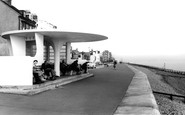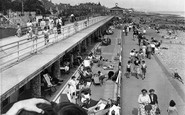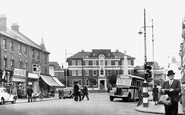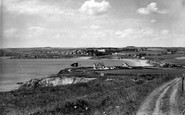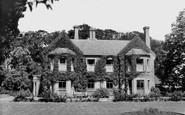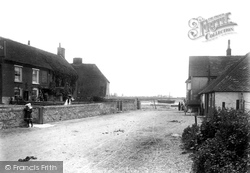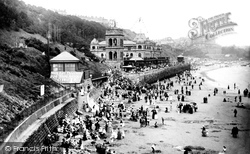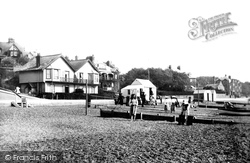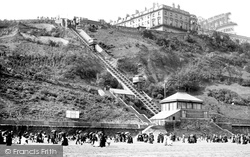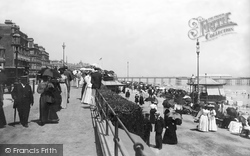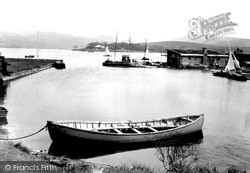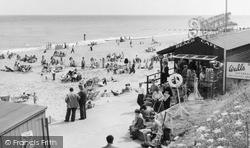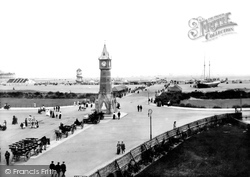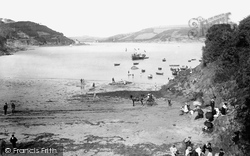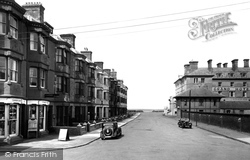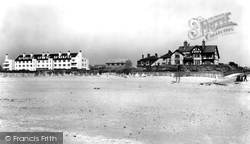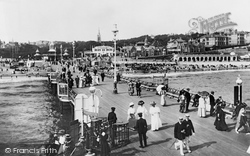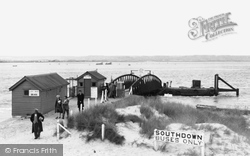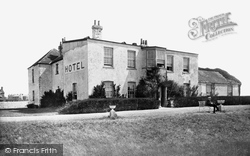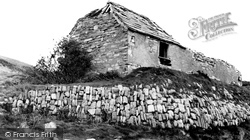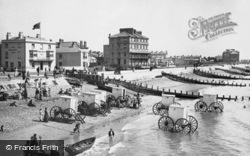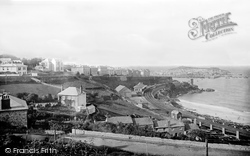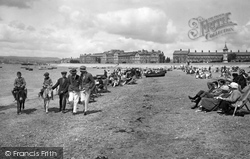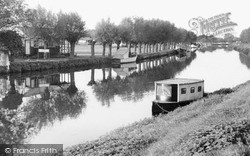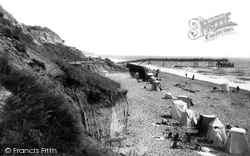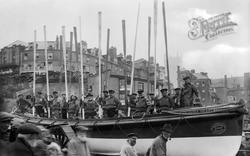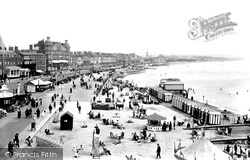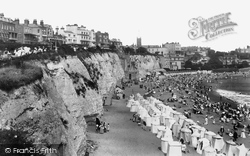Places
1 places found.
Those places high-lighted have photos. All locations may have maps, books and memories.
Photos
11 photos found. Showing results 841 to 11.
Maps
4 maps found.
Books
1 books found. Showing results 1,009 to 1.
Memories
1,362 memories found. Showing results 421 to 430.
Born And Living In Deal From The Late 50's Until The 70's
being born and living in deal from the 'late fifties until the seventies' was such a wonderful part of my life, and has never left me. these photographs and memories bring it all back to me. the ...Read more
A memory of Deal by
Summer Holidays In Worthing
My parents rented one of these chalets, number 41 I believe, and we used to spend a lot of time down there sitting outside in the sun and walking across to the beach for a swim when it got too warm. We had a calor gas ...Read more
A memory of Worthing by
Grays Was A Lovely Place To Live
I was born in Exmouth Road in 1945., Growing up in Grays was lovely, we had everything, no need to go far for anything, even shellfish was delivered on a barrow on Saturdays by Mr Going who also had a stall in the ...Read more
A memory of Grays by
Happy Memories
Came upon the Talacre photos while looking for photos of my hometown. The memories just flooded back of happy holidays with my Mum, Dad and sister and also extended family of uncles, aunts and cousins. Our first holiday was about ...Read more
A memory of Talacre by
Suburban Elstree
I lived in Lodge Avenue from 1957 to 1976. It runs off Allum Lane, which was a major road that connected Watling Street to the Railway Station, which opened in 1868. Lord Aldenham, Governor of the Bank of England, lived in ...Read more
A memory of Elstree by
Martin's Broadway Stores
I think we moved to Farnham Common in about 1967, my parents took over the family shops "Martin's Broadway Stores" we lived above the shops to start with, in a flat that was heated with green house paraffin ...Read more
A memory of Farnham Common by
My Specail Place, My Memories At Fitties.
I was 6 weeks old, I was told by my Mam, when I had my first holiday at Fitties Camp. So that would have been some time in August/September, as I was born in July, 1961. I don't remember my first few ...Read more
A memory of Humberston Fitties by
The Rock House Hotel & The Huts
My memory of the Rock House Hotel is very particular and rooted in the period 1973-1980 My stepfather's family owned the White House across the paddock field from the Rock House Hotel. The gate from The Huts & ...Read more
A memory of Thurlestone by
Etheldene, Walcot
My mother and us 4 girls stayed every year for several weeks of the summer holidays. I was the eldest (born in 1935). Our Dad came down from Norwich at weekends. This was probably about 1945 - 1953. My mother was a sports teacher ...Read more
A memory of Walcott by
Beach Holidays At Hemsby
Many happy memories of staying in a few of the beach cottages in the dunes in the early 1960's , I have a picture of myself my mother and brother outside a little cottage called 'Shalimar' I must have been only 10 at the time. Holidays there were always happy times.
A memory of Hemsby by
Captions
1,130 captions found. Showing results 1,009 to 1,032.
A straight and wide road leading to the quay creates an impression of past importance.The Romans, the Saxons and the Vikings used the area for invasion.
On the beach in the background are a number of bathing machines. Ladies wishing to bathe would enter the machines from the landward side and horses would haul the contraptions down into the water.
On the beach in the background are a number of bathing machines. Ladies wishing to bathe would enter the machines from the landward side and horses would haul the contraptions down into the water.
The pair of wooden houses were called Montpelier in 1885; the next building is of 1889, and the building partly hidden by trees was Harland House in 1885.
The South Cliff Tramway offered an alternative means of escape from the beach to the Esplanade; the other way up was by the 224 steps cutting through the Spa Gardens.
Here we see another busy beach view in 'The Empress of Watering Places' with many umbrellas protecting ladies from the summer sun.
Here we see the harbour on Hollingworth Lake. Not only were rowing boats, racing skiffs and dinghies a common sight, but there was even a time when the lake had its own paddle steamer.
This popular cafe supplied everything to provide a fun day for all the family: buckets, spades, fishing nets and trays of tea and sandwiches.
The small parking strip adjoining the Clock Tower contains two motor taxis, a pony trap, a landau and an open omnibus drawn by two horses happily munching away in their nosebags.
The vessel approaching the beach, probably on an excursion, is the 'Reindeer', a ferry launched in 1875 as the successor to the 18-ton 'Queen', which had run from 1860.
This is the first view that many visitors would have had of Borth.
Blundellsands beach forms part of the sixteen miles of sand stretching from Waterloo to Southport.
Bournemouth Pier stands above the original mouth of the River Bourne. Its construction marked the town's commitment to its role as a resort.
Note the sign for Southdown Buses, and a reminder that the last boat sails at 8.45 (left). The island railway opened in the 1860s, crossing to Hayling from Havant over a wooden bridge.
Littlehampton had been an important port in the Middle Ages and even a Tudor royal shipyard, but it declined until reviving with the canalisation of the Arun in 1723; it was most successful during Victorian
Seen as a ruin, looking east from the beach of Worbarrow Bay, stone-roofed Sea Cottage was the home of generations of the Miller family.
The Beach 1890. The suffix 'Regis' was added to the name of this seaside town in 1929 after George V spent some weeks recuperating in the area following a major illness.
St Ives is seen from Draycott Terrace, overlooking cottages in Primrose Valley below and the curving sweep of the railway station beyond, most of which is now a car park.
In the decades following the First World War, Exmouth reached the heights of its fame as a holiday resort, thanks to the greater mobility offered by railway trains and motor vehicles
The name of the town does not refer to any beach, but comes from the Old English word 'beck', meaning 'stream'. Clayhithe was the harbour of Waterbeach; the word 'hythe' means 'landing-place'.
The long, sandy beach leading eastwards to Hengistbury Head began to be developed around 1870. The pier was built of iron in 1881, and measured 300 feet in length by 30 feet wide.
Cromer's lifeboat has a reputation which goes far beyond its sphere of operation on the North Norfolk coast.
The heart of Georgian Weymouth overlooks the sands from the Gloucester Hotel (top left) and the Royal Hotel (centre left), in a broad sweep around to the Victorian spire of St John's Church and Brunswick
The wheeled bathing machines of earlier pictures have been replaced by this array of circular tents, allowing Edwardians to divest themselves in privacy.
Places (1)
Photos (11)
Memories (1362)
Books (1)
Maps (4)

